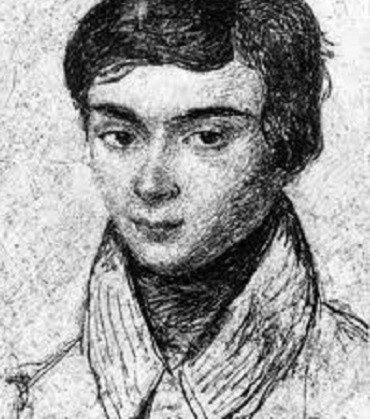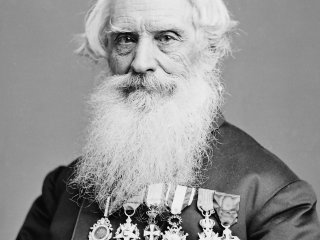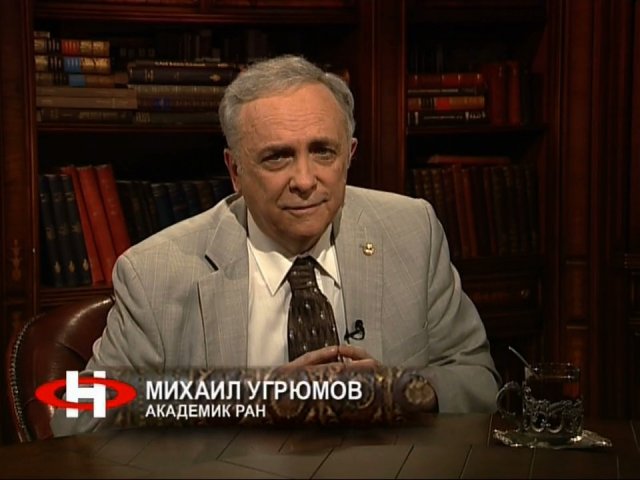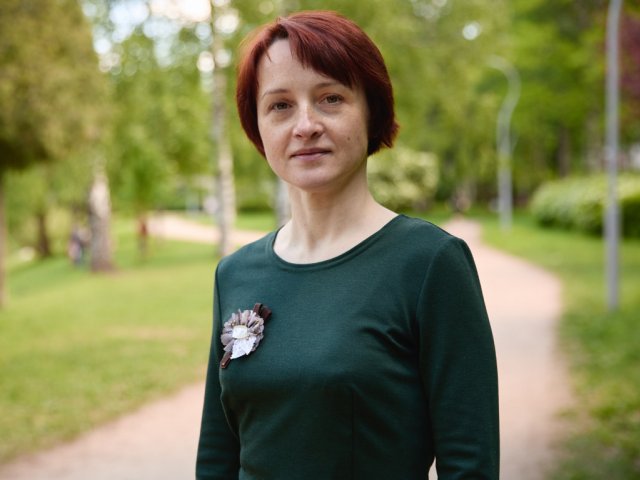
He is often put on a par with Joan of Arc – in the list of significant figures whose life was negligibly short but who made a huge contribution to the history of mankind. A fatal bullet struck the great mathematician on the verge of adulthood. The phrase “forever twenty” is about him. Everyone knows: a scientist is an armchair recluse who does not want to know anything except science. This is not the case at all: born into a family of convinced republicans in 1811, Evariste Galois became not only a brilliant mathematician but also an ardent revolutionary. There are good grounds for rumors circulating for two hundred years that the reason for the duel was not a banal love story at all but a conflict specially provoked by the royalists. In that bloody moment, they did not understand what they raised their hand to. Galois began to read mathematical works rather late, at the age of sixteen. However, a year later, he already began to publish his own papers. The problem was that the genius’ decisions were beyond his teachers’ understanding. He did not condescend to explanations: you are free not to understand the obvious! He was twice refused by the Ecole Polytechnique: who will accept a student throwing a rag at the teacher instead of explaining his solution at the elementary level to them? Galois had to enter the Ecole normale superieure, but he was expelled a year later for his political activity. The year was 1830 – France was shaken by the revolution, and Galois was imprisoned twice. Another person could be captured by politics entirely. However, Galois was different. Let venerable scientists lose his work, let the scientific community does not understand them from time to time, let Abel get the Academy’s prize, let it be! Galois had only the five years to study science, but he did so much that another person would not accomplish in a long life. The sixty pages of works left after Galois are worth many books: they are the foundation of contemporary algebra. “I have analyzed several new ideas. One concerning the theory of equations, the other, integral functions. In the theory of equations, I have studied as to in which cases the equations are solvable by radicals, which has provided me with an opportunity to go into this theory in depth and describe all possible transformations on an equation, even when it is not solvable by radicals… I hope there will be people who will profit by deciphering all this mess.”
Galois wrote this last letter to his friend on the night before the duel. A few hours later, a bystander stumbled upon a mortally wounded man, but they failed to save Galois. His works were commented and published in about fifteen years.
























